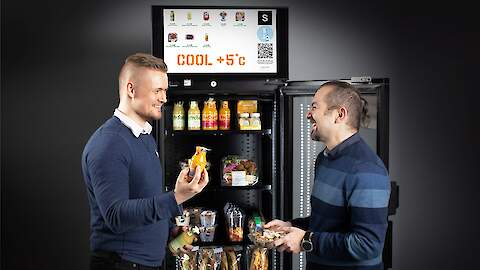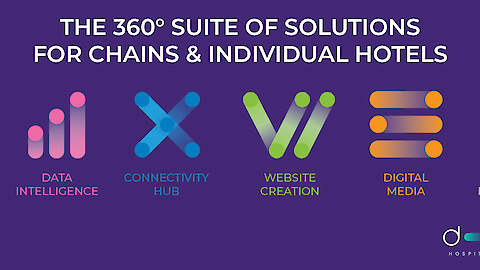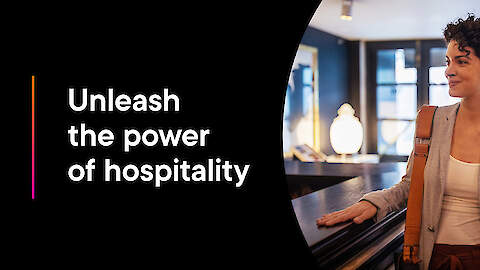- BLOG
- rethinking-hospitality-education
Rethinking hospitality education: Embracing change for a resilient industry
Rethinking Hospitality Education: Embracing Change for a Resilient Industry
Author: Maarika Honkonen, Partner at New Baltic Hospitality
"The definition of insanity is doing the same thing over and over and expecting different results." This quote by Albert Einstein aptly encapsulates the prevailing situation in the realm of hospitality education. Despite the dynamic shifts in the world around us and the resounding calls to adapt to the new normal, vocational programs in the hospitality industry remain entrenched in traditional modes of operation, emphasizing rankings and diplomas over the cultivation of valuable skill sets.
In the heart of Estonia, the winds of change are blowing, and the discourse around reforming the vocational education system is gaining momentum. This endeavor is not only crucial but long overdue. The lingering impact of structural unemployment, coupled with years of education culminating in abstract degrees, has left a generation of individuals harboring lofty job expectations but possessing relatively modest skills across the board. Even language skills, often assumed to develop naturally in the age of the internet and technological gadgets, fall short of expectations.
Reflecting on these matters, a colleague from Switzerland once shared, "Fortune favors the prepared." Switzerland's hospitality education system, renowned for its high standards, faces a perplexing reality. The number of students enrolled has dwindled by 35-40%, a trend that extends across the globe. The hospitality sector was unprepared for this transformation. However, adaptation is the only viable course of action.
The hospitality industry has not been spared from the upheavals of recent times, which have cast a shadow over tourism's image and the sector's contribution to national GDP. With an average salary decrease of 20% or more and an increasing median employee age reluctant to embrace new technological skills, the industry stands at a crossroads.
A solution is imperative—a swift one.
The first step lies in pinpointing the problem, but what follows is the most captivating journey: charting a path to recruit skilled and motivated individuals into the industry. The era of three-decade-long job commitments has waned. Consequently, accommodating more personnel on shorter shifts calls for innovative strategies like flexible employment apps or technological solutions. By relinquishing the notion of owning employees, the focus shifts to providing opportunities for skill acquisition, networking, and personalized income generation.
Education must not lag behind. Businesses point fingers at schools for teaching outdated practices, while educational institutions criticize entrepreneurs for remaining distant from the education process. The consensus favors a transition from traditional classrooms to practical training grounds. This movement advocates for shorter, impactful classes, mentorship from seasoned colleagues, and a blend of study and work that enhances agility and soft skills like mental health, emotional intelligence, and creativity. Additionally, integrating technology to optimize workloads and emphasize human interactions in the service process is paramount.
A paradigm shift is required concerning recruitment practices, treating employees as a communal asset rather than a transient commodity. Hotels no longer vie for staff through hourly wage increases; instead, industry-wide collaboration should be the norm, recognizing that employees choose their workplace, not the other way around.
Collaboration with other industries is pivotal. The hospitality industry's reputation as experts in creating welcoming atmospheres has not always translated to successful partnerships. Yet, fostering collaborations can lead to fruitful exchanges of support and ideas, especially in the realm of technology, which holds the potential to elevate the industry's appeal to younger generations.
Among the industry's best-kept secrets are its advanced training programs, often shielded from the public eye. By opening these programs to the local community and inviting diverse sectors to participate, the hospitality industry can become an accessible and dynamic career choice.
In a world characterized by "shoppers" seeking diverse experiences, the time is ripe for a recalibration. The hospitality industry must break free from the norms of yesteryears, embrace innovation, and forge a new path. This moment is our momentum—the catalyst for reshaping the future of hospitality education.
August 2023








